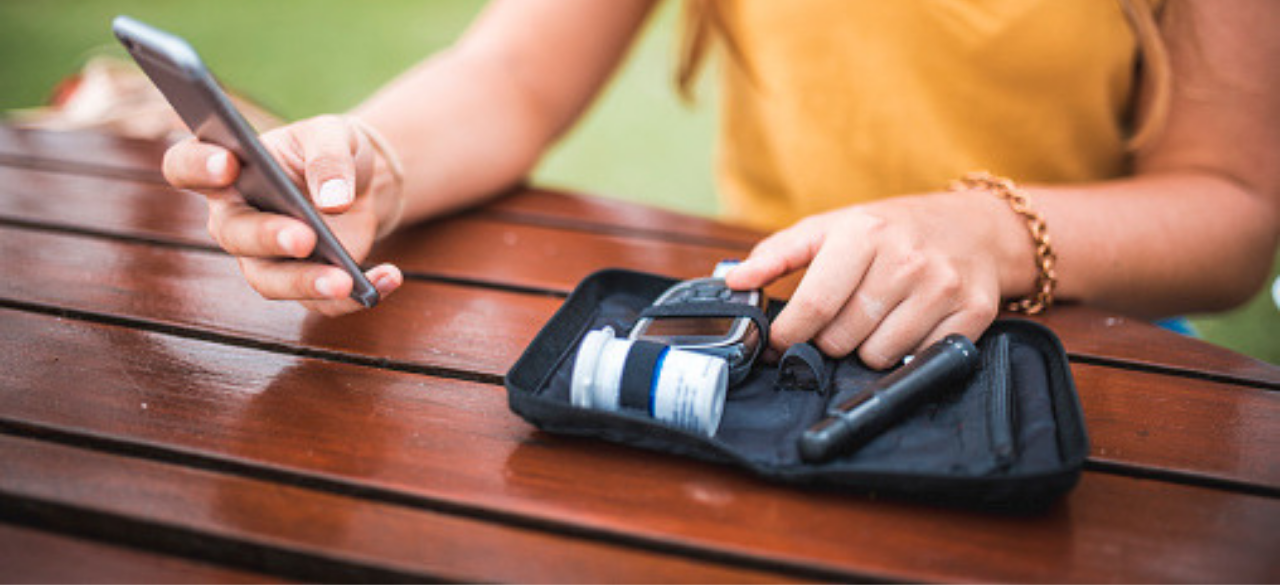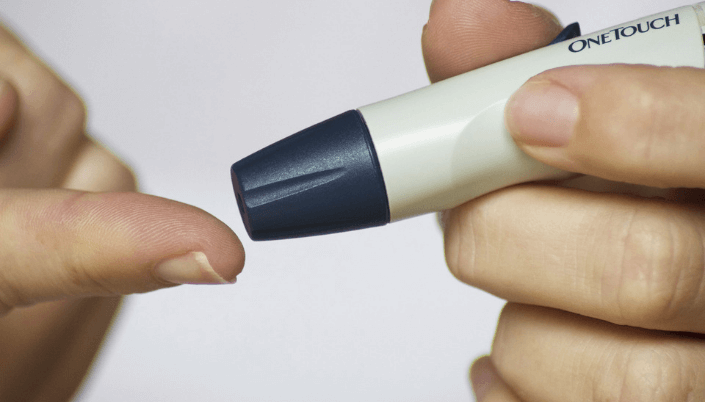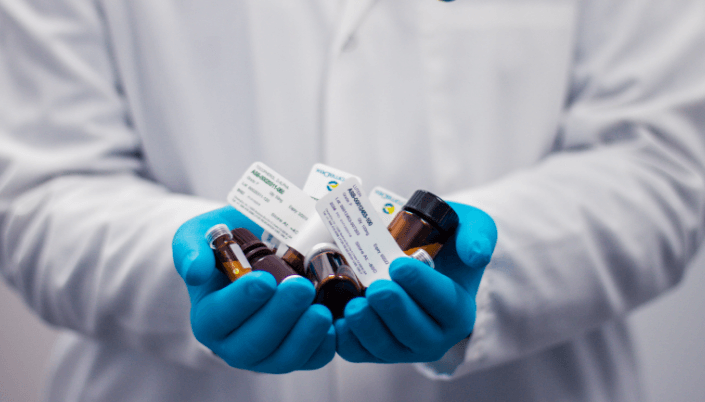

Key Facts You Didn’t Know About Travelling with Diabetes
09 Jul 2019 by Olga Brighton
Travelling is not only a great way to broaden the mind and have fun in the process, it’s also a great way of improving your physical and mental health. Diabetes is a condition which is unfortunately becoming more and more common with modern day living. Travel insurance for diabetics is therefore essential before you jet off anywhere. If you are diabetic, however, be it type-1 or type-2, there are some key facts relating to travel that you need to familiarise yourself with. Here are a few essentials’ you should know about travelling with diabetes.

Get a letter from your doctor
Whereas some forms of diabetes can be controlled with tablets and medication such as metformin, the most common form of medication for diabetes is insulin. Depending on where you go, taking medication through airport security may be like smuggling the crown jewels out of the country so a letter from your doctor is vital. The letter should state that you, or a member of your party, suffer with diabetes and subsequently, any medication or medical equipment you have in your possession, is used to treat the condition. We won’t list them all, but things such as: insulin, epi-pens, blood sugar reading devices, needles, tablets, ketone test strips, are all commonly used to treat this condition. The letter should also state that your medication will need to be with you on the plane in your hand luggage.
Do your medical research in advance
Before you book a holiday or trip abroad, start researching the medical facilities in the area. Find out where the nearest pharmacy is, as well as the nearest doctor’s surgery and hospital. If possible, find out whether they stock insulin, or your required medication, how much it costs and when dispensing opening hours are.

Don’t forget your in-flight meal
If you’re flying abroad on a plane, you will likely be provided with an in-flight meal. As you know, food and drink can interfere with insulin levels, which is why it’s so important to watch what you eat and understand the nutritional value of what you’re eating. The airline should be able to provide you with nutritional info of the meal, as well as the timing of your in-flight meal. Be on the safe side and take snacks that you know you can eat without causing medical issues – especially if on a long haul flight.
Read also: Exclusions Relating to Health and Medical Conditions – Should You Worry?
Insulin needs to be refrigerated
If you’re type-1 diabetic and you need to inject insulin, you should check out portable options for keeping your insulin cold on your journey. Also one of the first things you need to do when you arrive at your accommodation in a hot climate is to get your insulin refrigerated.
Hot weather can affect your health as well
As well as keeping your insulin cool, you should also try to ensure you keep yourself cool. In hot weather, your glucose levels rise quicker, which means that insulin is metabolized and absorbed faster than you’re normally accustomed to. To reduce the risk of you suffering from hypoglycaemia, be sure to monitor your blood glucose levels more frequently than you normally would.

Ensure you have more than enough medication for your trip
When we go on holiday, we tend to go overboard with packing. People heading away for a week have been known to pack enough underwear for an entire month, and more socks than they know what to do with. When it comes to packing diabetes medication for your trip however, this is where it pays to go a little overboard. Work out how much medication you will need and then pack extra on top of that. While you could get your medication while abroad, it would be much tougher than back home, and it would be yet another headache that you could do without.

Make sure you buy travel insurance
Travel insurance before a holiday is essential at the best of times, but if you suffer with an underlying health issue such as diabetes, travel insurance is more important than ever. You can now purchase travel insurance for diabetics, which provide policies that cover any unforeseen events related to this pre-existing medical condition. Travel insurance is not expensive, it’s easy to sort, and it could potentially make life so much easier while abroad.
Diabetes, and any other medical issue for that matter, certainly gives you more to think about when planning a holiday, but it needn’t make life miserable or overly stressful. Simply follow the tips listed above, manage your condition as you should, and you’ll have a fantastic holiday.
Read more: What to Do If You Need a Doctor or Hospital While on a Trip?
We accept

.png)